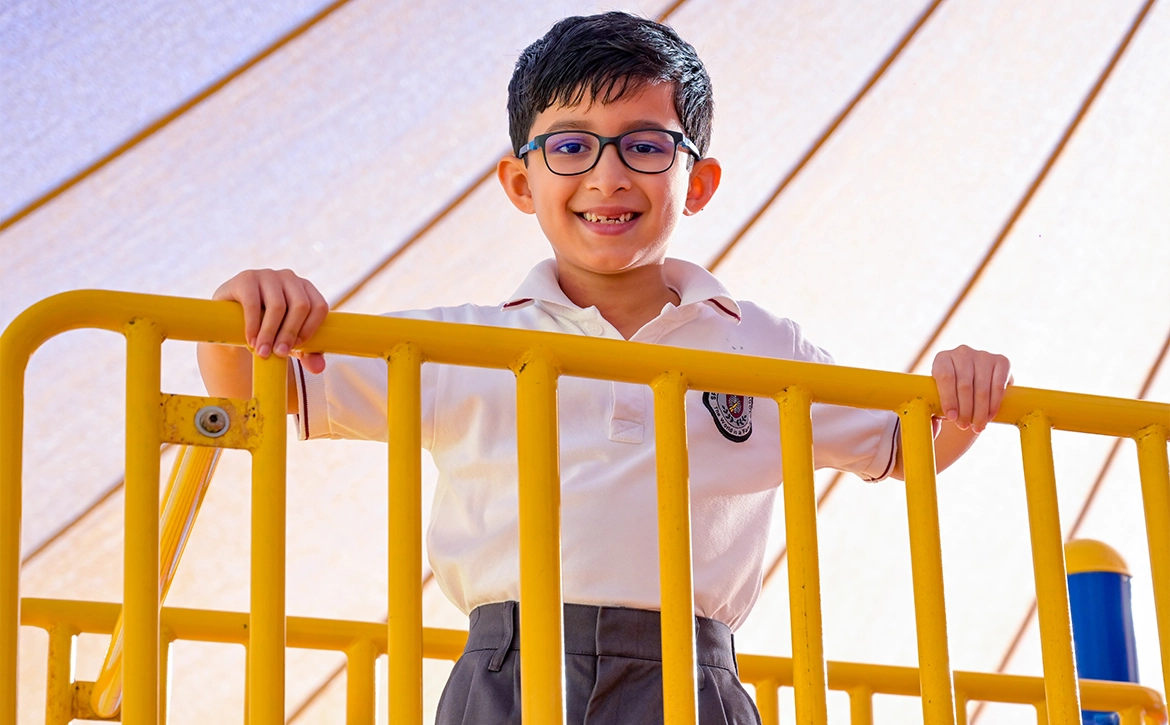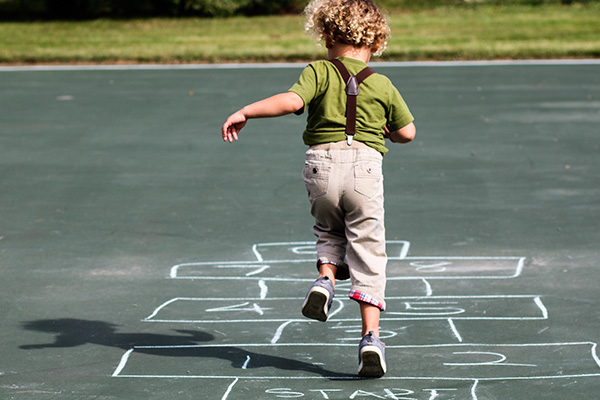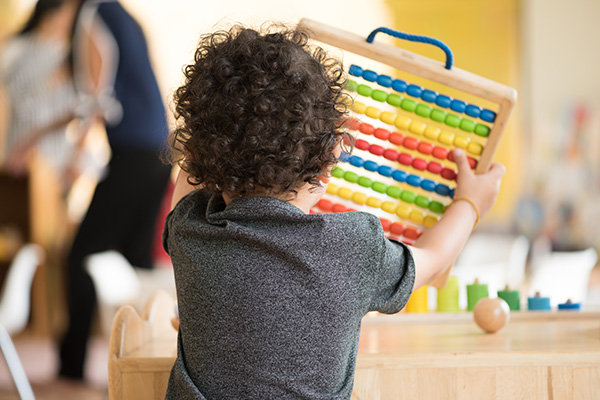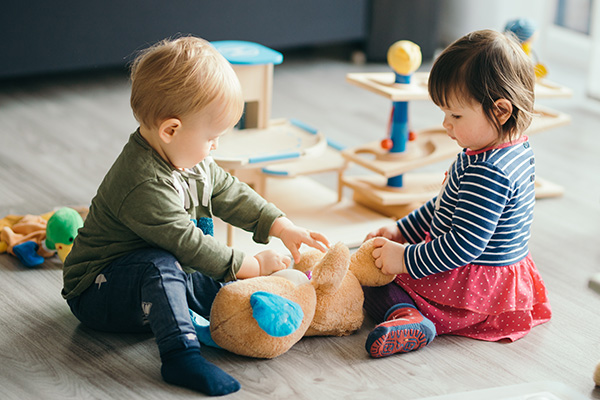Why start at the age of three…?

Why start at the age of three…?
“The first 5 years have so much to do with how the next 80 turn out.” – Bill Gates.
Children are born with an instinct provided by the nature that gives them a powerful urge to explore the surrounding world and learn from it- just as a bird doesn’t need to learn how to fly, nor does a fish to swim. Children have a unique ability to absorb qualities of their environment just by being exposed to it. Children are like little sponges and they can absorb more than we think they can; we as educators and as parents should make use of this time to equip our little ones with the skills they need in their lives. The younger the learner, the better the learning as the speed of learning and development is at the highest level in this period. Moreover, there is no fear of being wrong. Everything is just so perfect for them, whatever they do!
 A three to five-year-old needs the environment and needs routines and this is the perfect time when their personal-social-emotional, cognitive, physical, motor, and linguistic development takes place. The activities in the first year lay an important foundation for future learning. Pre-KG is the foundational year when the child is introduced to activities that satisfy the inner desire for order, skill, manipulation and self-sufficiency while providing them an inspiring educational experience- gradually transiting into the structured environment at 3 years. In short, it prepares the child for his/ her academic career and for life by shaping up the mind and heart during this sensitive period.
A three to five-year-old needs the environment and needs routines and this is the perfect time when their personal-social-emotional, cognitive, physical, motor, and linguistic development takes place. The activities in the first year lay an important foundation for future learning. Pre-KG is the foundational year when the child is introduced to activities that satisfy the inner desire for order, skill, manipulation and self-sufficiency while providing them an inspiring educational experience- gradually transiting into the structured environment at 3 years. In short, it prepares the child for his/ her academic career and for life by shaping up the mind and heart during this sensitive period.
According to the EYFS Early Adopters Framework, July 2020 “the expectations for children’s development must ensure that cognitive development proceeds hand-in-hand with their social and personal development.” Early education programs cover the essential areas of:
Communication and Language
Children’s back-and-forth interactions from an early age form the foundations for language and cognitive development. The number and quality of the conversations they have with adults and peers throughout the day in a language-rich environment are crucial. Reading frequently to children, and engaging them actively in stories provides them with extensive opportunities to use and embed new words in a range of contexts, will give children the opportunity to thrive.
Personal, Social and Emotional Development
Underpinning their personal development are the important attachments that shape their social world. Strong, warm and supportive relationships with adults enable children to learn how to understand their own feelings and those of others.
 Physical Development
Physical Development
Gross motor skills provide the foundation for developing healthy bodies and social and emotional well-being. Fine motor control and precision help with hand-eye coordination which is later linked to early literacy.
Literacy
It is crucial for children to develop a life-long love of reading. Reading consists of two dimensions: language comprehension and word reading. Language comprehension (necessary for both reading and writing) starts from birth.
 Mathematics
Mathematics
By providing frequent and varied opportunities to build and apply this understanding – such as using manipulatives, including small pebbles and tens frames for organizing counting – children will develop a secure base of knowledge and vocabulary from which mastery of mathematics is built.
Understanding the World
Understanding the world involves guiding children to make sense of their physical world and their community. The frequency and range of children’s personal experiences increase their knowledge and sense of the world around them
Expressive Arts and Design
It is important that children have regular opportunities to engage with the arts, enabling them to explore and play with a wide range of media and materials. The quality and variety of what children see, hear, and participate in are crucial for developing their understanding, self-expression, vocabulary, and ability to communicate through the arts.
Children gain a lot from going to preschool as they are exposed not only to numbers, letters, shapes, but more importantly, they develop social and emotional skills and learn how to get along with other children, to share and to contribute. Findings show that children who attend high-quality preschool enter schools with better pre-reading skills, richer vocabularies, and stronger basic math skills than those who do not.
While preschool helps many children find answers to their numerous questions, for some others, it even teaches them to utter their first word. Even childhood experts agree: Attending a high-quality program prepares kids for kindergarten and beyond. But finding the best option for your child takes time and research. To get you started, we’ve answered your biggest questions.
Mrs. Rashmi Virmani
Head of Foundation
Springdales School, Dubai


